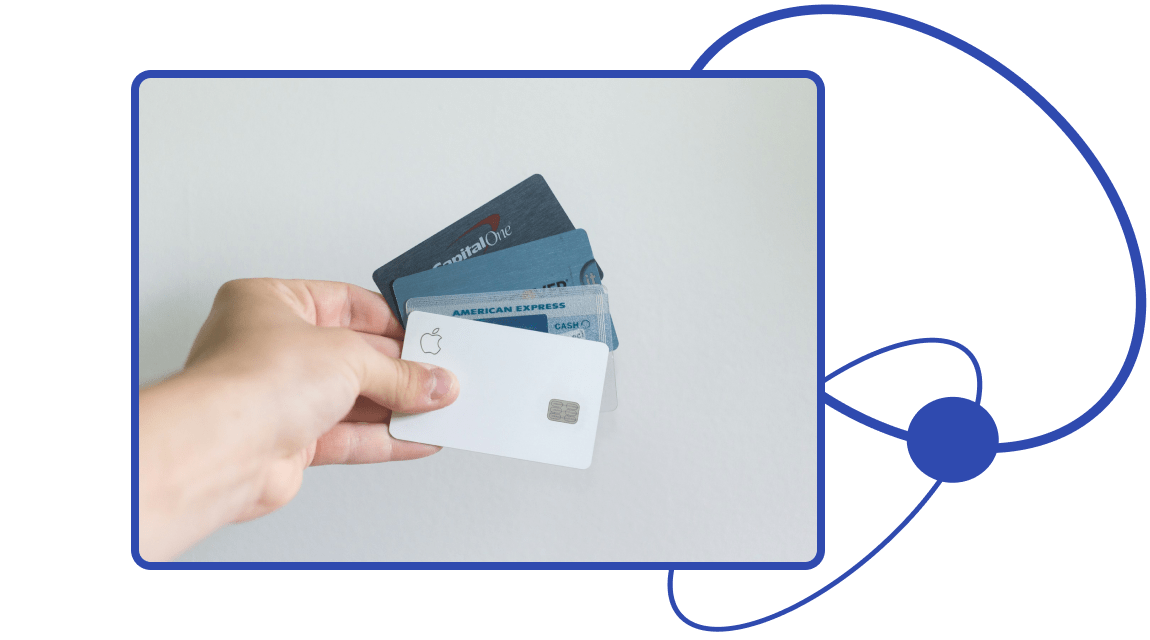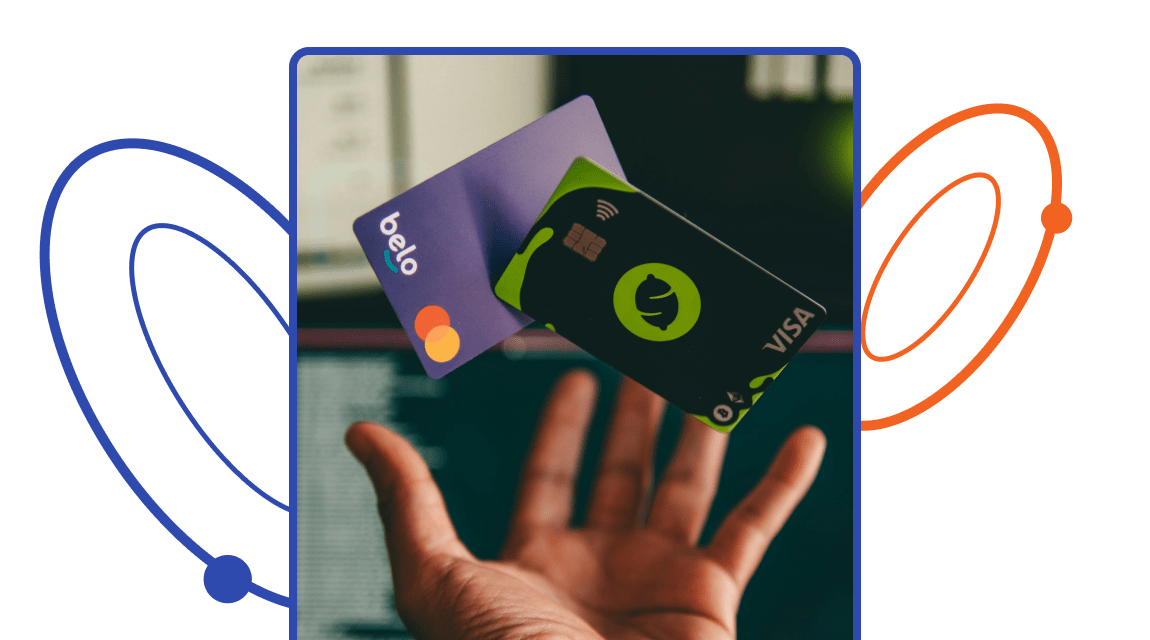
We built a custom Shopware payment module that slashed transaction fees and gave eCommerce merchants full control over secure, seamless payments.
Talk to an Expert
One of our clients needed a more efficient way to process online payments. Their existing setup was costly, clunky, and not user-friendly. We stepped in to develop a custom payment module that integrates a third-party provider directly into Shopware.
The module enables store owners to accept payments seamlessly with competitive transaction rates, ensuring funds are transferred directly to their bank accounts.

The client’s old payment options were eating into profits. Fees were too high. The setup lacked flexibility. And managing transactions was frustrating.
They came to us with a clear goal: build a payment solution that would give them more control—and cost less.
The WebMeridian team takes care of all tech aspects of Shopify payment gateway integration, freeing you up to focus on driving fantastic conversions and sales for your eShop.

We built everything from the ground up, crafting a custom payment module tailored to Shopware 6.
Here’s how we solved it:

From this project, we gained valuable insights for similar Shopware module development projects:
